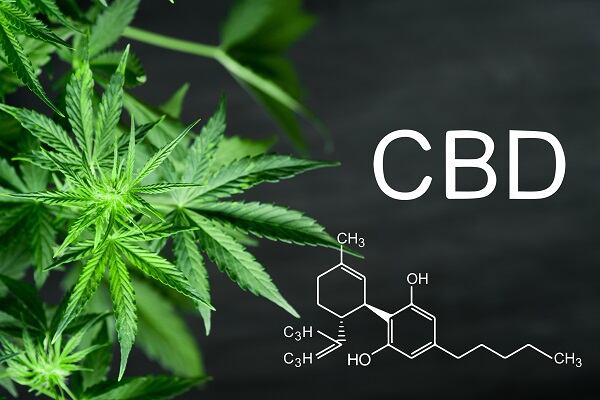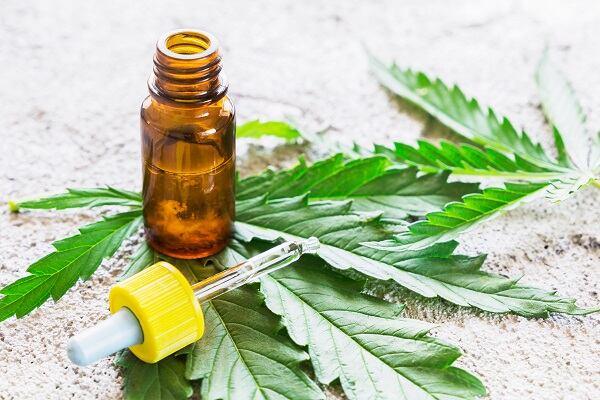In updated insights on 8th July 2019, Rainer Herzig, a partner at Austrian law firm, Preslmayr Rechtsanwälte unveils the legislative opinion on Cannabidiol (CBD) in cosmetics.
In October 2018, the Ministry of Labour, Social Affairs, Health and Consumer Protection released a decree revealing Austria’s legal position on regulations relating to products that constrain CBD in both cosmetics and food.
Decree outlining legal opinion
Describing the proposed inclusion of CBD in cosmetics and food products as a relatively new trend, the decree sets out the instances where hemp species are excluded from relevant narcotics legislation: The Controlled Substances Act and the Controlled Substances Regulation.
There are approximately 60 cannabinoids, including the psychotropic tetrahydrocannabinol (THC) and the non-psychotropic CBD in hemp. Experts have argued that the inclusion of CBD can have anxiolytic, neuroprotective, antipsychotic, antiinflammatory, antispasmodic effects, although Rainer Herzig raises the point that there are no long-term studies that have identified its impact on health.
The decree sets out that products that develop from inflorescence and infructescence of particular hemp products do not fall under the narcotics legislation. The determining factors used to indicate inclusion or exclusion from the legislation are where their THC-content does not exceed 0,3 %, and when the production of narcotics in a concentration could be misappropriated in a simple or economic manner is not possible.
“While there are signs of greater liberalisation with respect to hemp use internationally, the Austrian government has resisted this trend,” explains Rainer Herzig, Lawyer and Partner, Preslmayr Rechtsanwälte.
Medicinal products: function or presentation?
The Austrian Act on Medicinal Products (amended BGBl 185/1983) and the Community Code on medicinal products, otherwise known as Directive (EU) 2001/83, outlines information on CBD-containing extracts. They specify that deciding whether CBD-containing extracts are classified as a medicinal product or not depends on whether it is a medicinal product by function or by presentation.
If deemed a medicinal product by function, the item is considered to have a significant influence on the human physiological functions by a pharmacological effect. To determine whether this is the case, CBD-based products are judged as such if they succeed in preventing or treating a disease, or if it has a medical-therapeutic benefit (ECJ C-358/13; ECJ C-181/14).
Marketing CBD cosmetics items
In accordance with recent research, CBD products are not identified as standing up to this therapeutic effect analysis, and as a result, cannot be defined as a medicinal product by function. Therefore, CBD-containing extracts can only be considered as medicinal products if they have remedial, preventative or healing properties — indicating it is a medicinal product by presentation. Without a marketing authorisation, products such as these may not be marketed.
Following these findings, the Ministry of Labour, Social Affairs, Health and Consumer Protection does not permit the marketing of cosmetics or food products containing CBD.
Considering the use of Cannabis sativa L. and its extracts in cosmetics, the ministry states Article 14 (1) (a) in connection with Appendix II (306) of Regulation (EC) 1223/2009 on cosmetic products.
Article 14 (1) (a) restricts the use of the substances listed in Appendix II and Appendix II lists "natural and synthetic narcotics". These narcotics are defined as any substance listed in Schedules I and II of the Single Convention on Narcotic Drugs of 1961. Importantly, this does include cannabis, along with its extracts. The Austrian ministry therefore will not allow the marketing of cannabis and its extracts in cosmetics either.
Wider EU legislation
While the decree seemingly questions the inclusion and assessment of CBD in cosmetics, despite the wording of the decree, the EU regulation on cosmetics does not explicitly prevent the inclusion of CBD in cosmetics.
The convention outlines that CBD in cosmetic products is only restricted in those items that are created from cannabis extract, resin or tincture.
Commenting on the current legislative state of the CBD trend in cosmetics, Herzig adds: “Therefore, rather than providing legal certainty, the ministry's decree merely reflects headlines relating to the government's narcotics programme ("prohibition of the sale of hemp seed and hemp plants" and "tightening of certain provisions in the narcotics act").”




